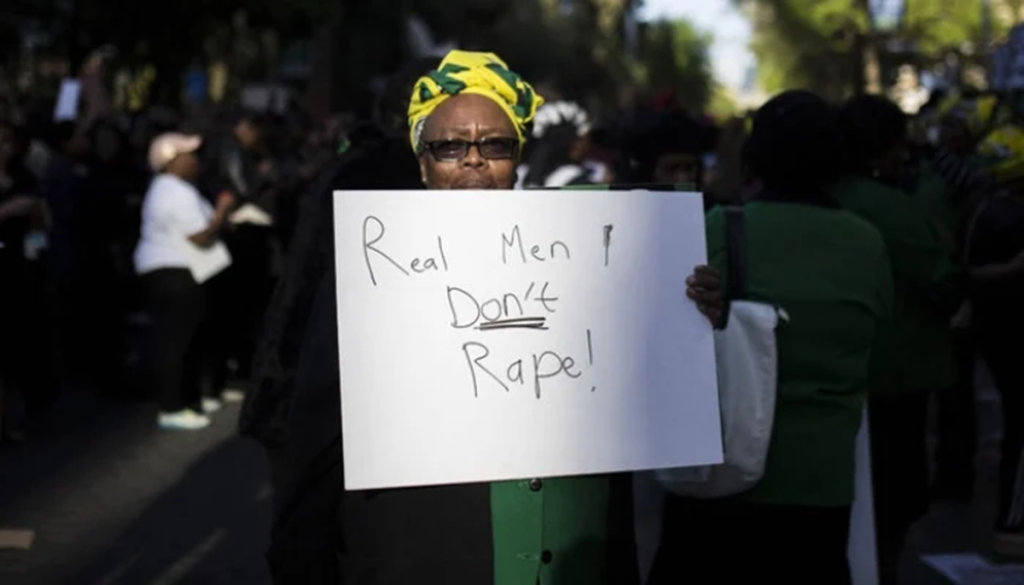According to data from the United Nations Children’s Fund (UNICEF) has shown that over 79 million women and girls across sub-Saharan Africa have either been raped or sexually assaulted as children.
The agency stated that the Sub-Saharan region is among the worst places in the world for the girl child.
UNICEF estimates that approximately 370 million girls and women worldwide have been impacted by sexual violence, with about one in five in sub-Saharan Africa experiencing sexual assault or rape before they turn 18.
“Sexual violence against children is a stain on our moral conscience,” said UNICEF Executive Director Catherine Russell.
According to Claudia Cappa, UNICEF’s principal statistician, the publication of this statistic is unprecedented and derived from national data and global survey initiatives spanning from 2010 to 2022.
Cappa noted that the data has inevitable gaps and some countries may have underreported.
“We know the limitations, but we also wanted to finally give visibility to the issue through numbers,” she told AFP.
“It’s terrifying,” Nankali Maksud, regional child violence specialist based in Nairobi, told AFP. “It is generations of trauma. We’re putting a lot of energy to push girls into school, but a girl who has been raped or gone through sexual assault is not able to learn.”
Regions hit by conflict and insecurity record the highest number of assaults and abuse.
Aid organisations in Sudan have warned against the dangers faced by girls and women as a result of the continuing conflict in the region.
“Children in fragile settings are especially vulnerable to sexual violence,” said Russell.
“We are witnessing horrific sexual violence in conflict zones, where rape and gender-based violence are often used as weapons of war.”
Earlier this year, First Responders told Human Rights Watch (HRW) that the reported cases represent only a small portion of the actual number as most survivors are unable or unwilling to seek emergency care.

